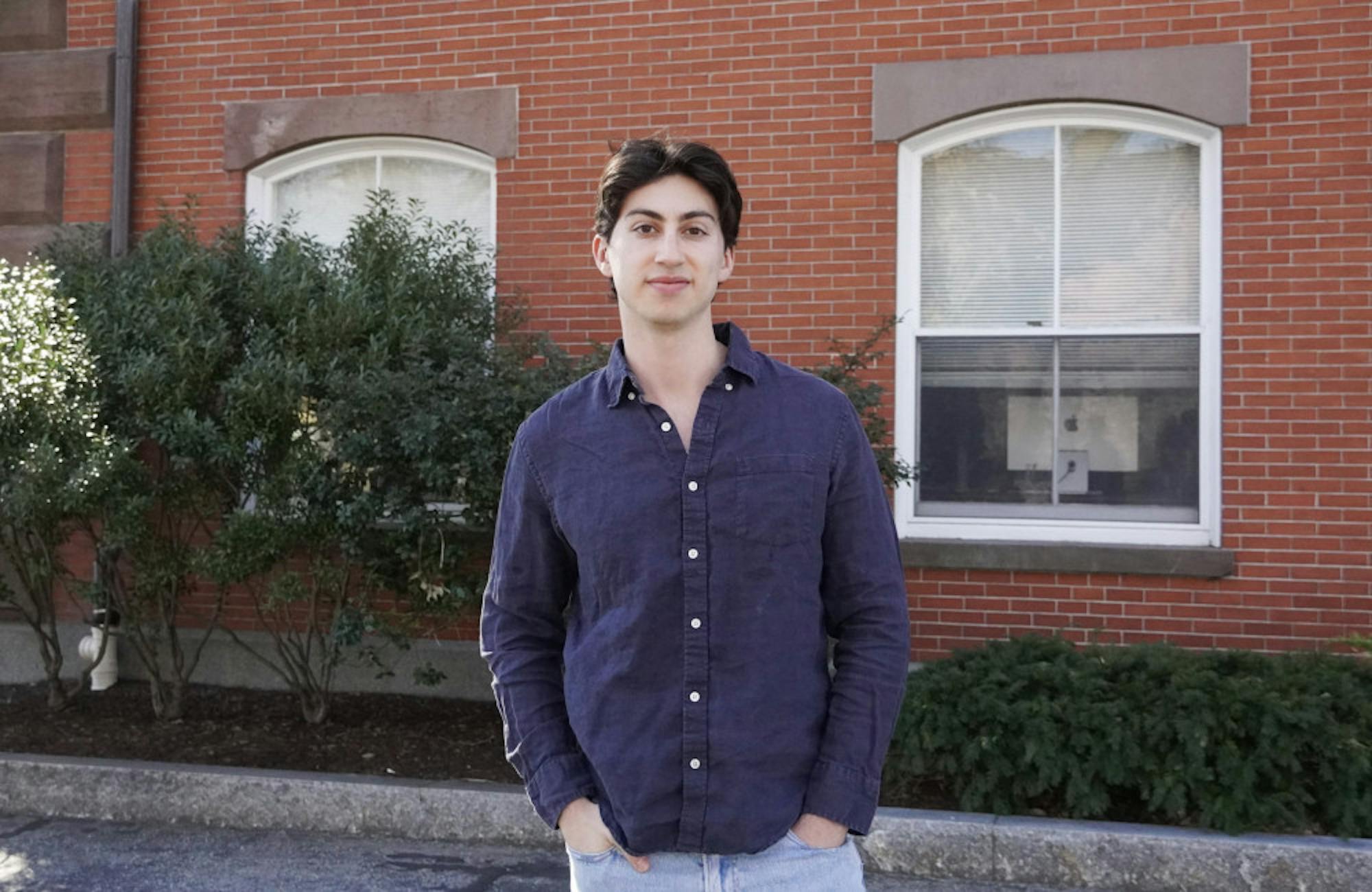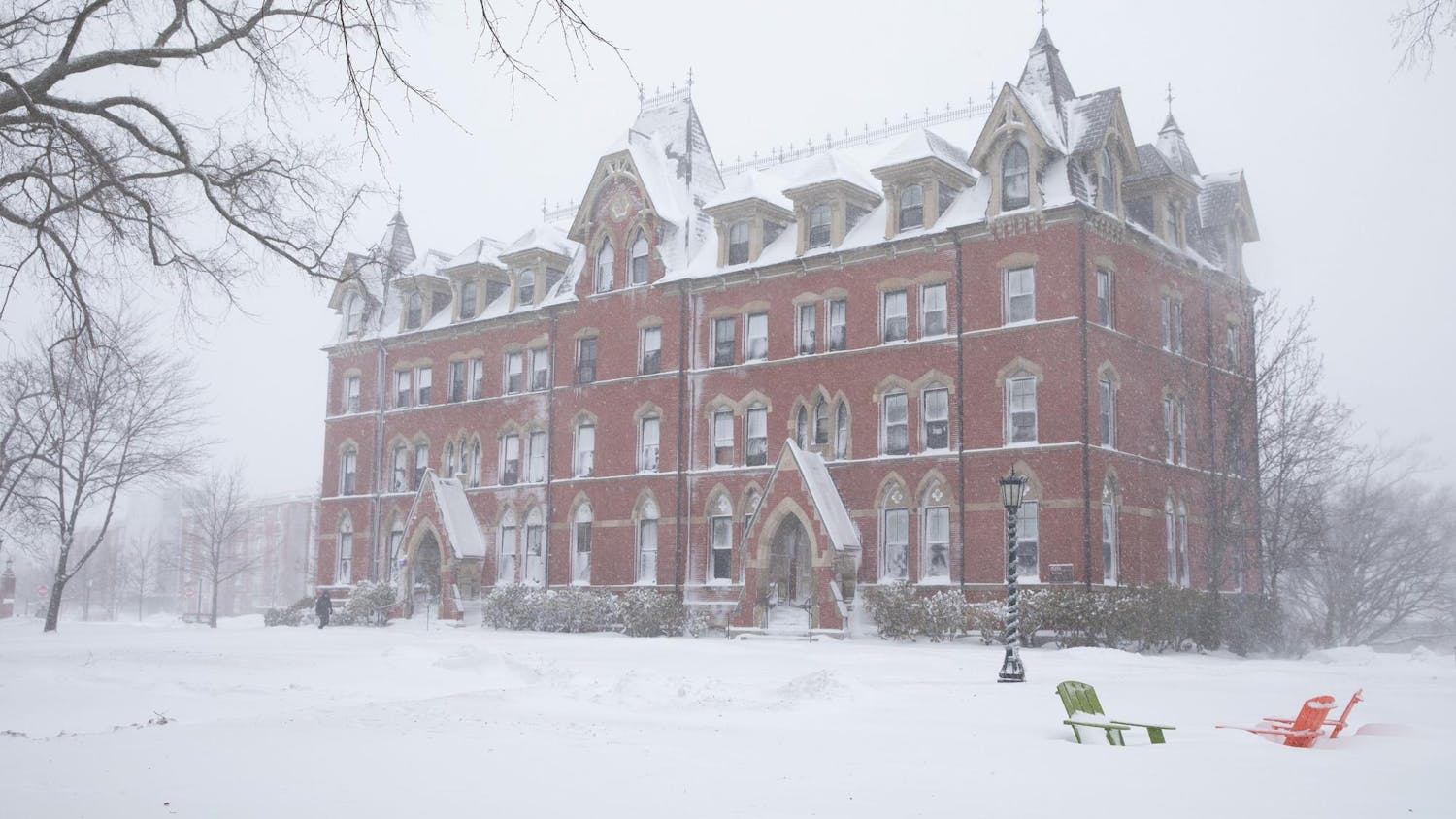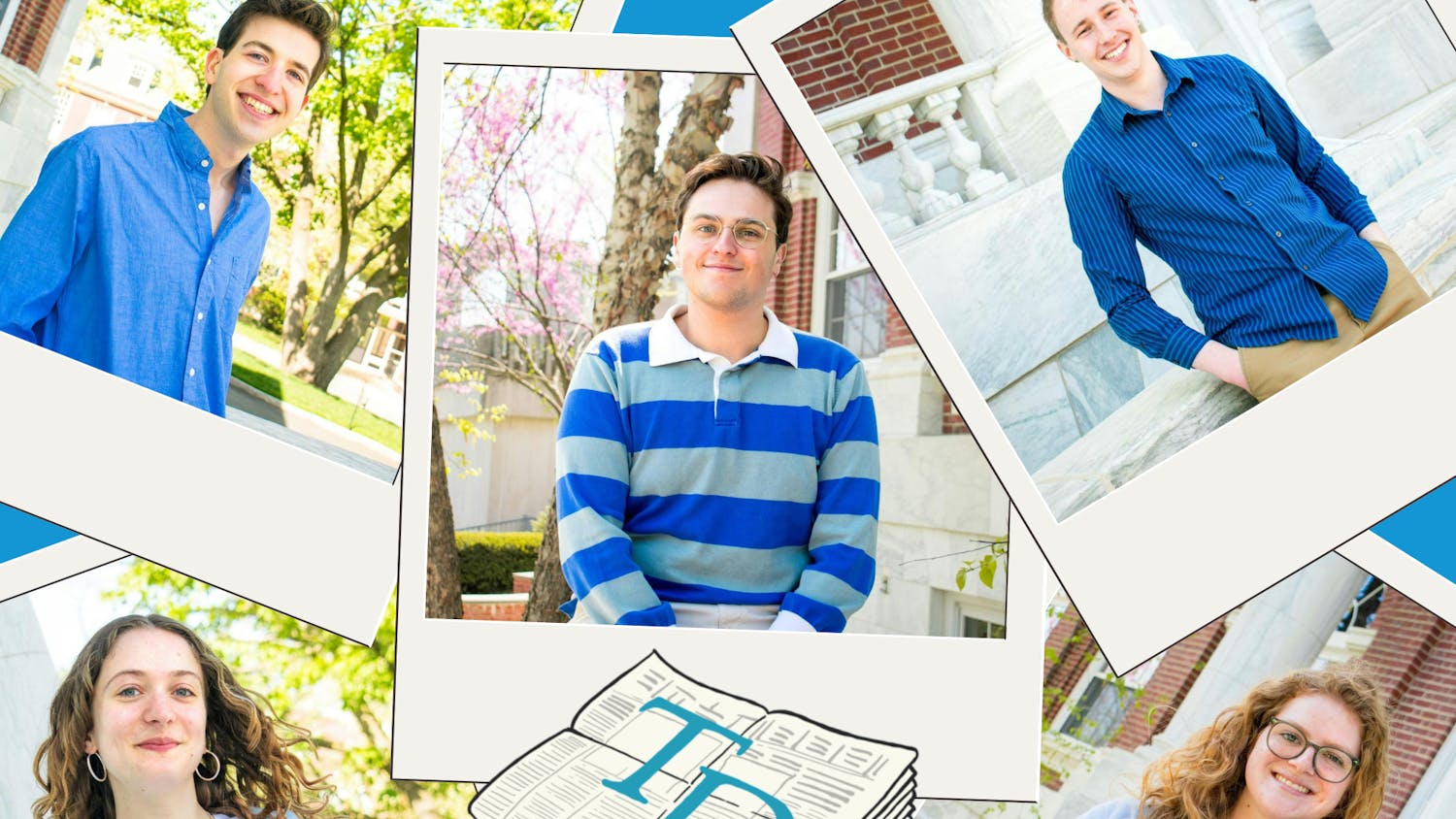Tufts Community Union senators Itamar Oelsner and Jose Armando recently launched a petition to establish a permanent Disability Center on campus. Oelsner, elected in February, is the TCU Senate’s first disability community senator; through the proposed center, he and Armando hope to provide a physical space where students with disabilities can feel supported.
“Even if you do not personally identify with the disabled community, it is very likely that you know someone that does or, at the very least, can empathize with students who struggle because of the inaccessibility of this campus,” Oelsner, a sophomore, wrote in an email to the Daily.
Armando, a first-year, believes that a dedicated center could prove a space for people with disabilities to connect.
“The goal behind a disability center would be to provide support and resources to students and build community with peers who share those experiences, just like the other identity centers that can be found around campus,” Armando wrote in an email to the Daily.
Caroline Spahr, assistant treasurer of the TCU Senate, expressed similar views on the project.
“I thought that the establishment of the Disability Senator was important and voted in favor for many reasons, but especially for the advancement of resources for students on campus,” Spahr wrote in an email to the Daily.
Similar to how existing community centers on campus operate, the Disability Center would offer Tufts students resources that they need to navigate college with a disability.
Armando noted that while the Student Accessibility and Academic Resources Center exists as a resource for students with disabilities, its goals are different from other community centers on campus.
“Many may argue that we already have that, referring to the StAAR Center,” he wrote. “Yes, the StAAR Center is helpful in many ways, but they don’t focus entirely on disability, which is needed.”
Spahr agreed that, while Tufts has the StAAR center, “the authors of the [resolution] emphasized that a disability center would provide students with emotional and physical support to navigate college life given their experiences.”
Oelsner has been working with the StAAR Center to collect survey data on how many students on campus have a disability and what experiences students have had concerning their disabilities.
“This begins with gathering evidence on behalf of the student body that proves that there is a need and desire for such a venue on campus,” Oelsner wrote. “The petition is a great way to show this interest, and I encourage everyone to sign it–whether they identify with the community or not,” Oelsner wrote.
Oelsner said that the administration has expressed interest in the proposal but raised concerns about logistical obstacles to creating a new center.
“The establishment of any center is a long and arduous process—but we have to start somewhere,” Oelsner wrote. That, he explained, is the reason for his and Armando’s petition.
Oelsner recognized that since disabilities exist in many forms and often do not manifest physically, students can use the petition to open up about their individual experiences.
“Since becoming senator, I have opened a lot of conversations with Administration regarding having a more accessible Tufts,” Armando wrote. “Now we are making even more progress in spreading awareness, as Itamar does an amazing job concentrating his work for the community he represents.”
The second stage of the project timeline involves passing a formal resolution through the TCU Senate to the administration. Finding a location and resolving logistical questions comes next, Oeslner said.
For now, Oeslner said, the goal is “fostering a formal dialogue around the need for a space.”
“The establishment of a Disability Center would certainly allow for a large portion of the student body to find community, and it is imperative that we begin making those strides now,” he wrote.






